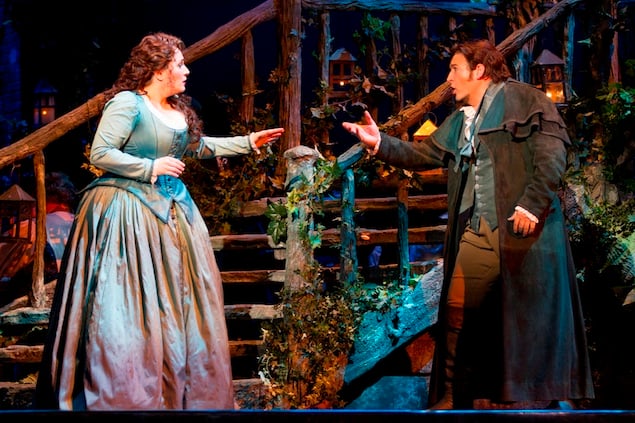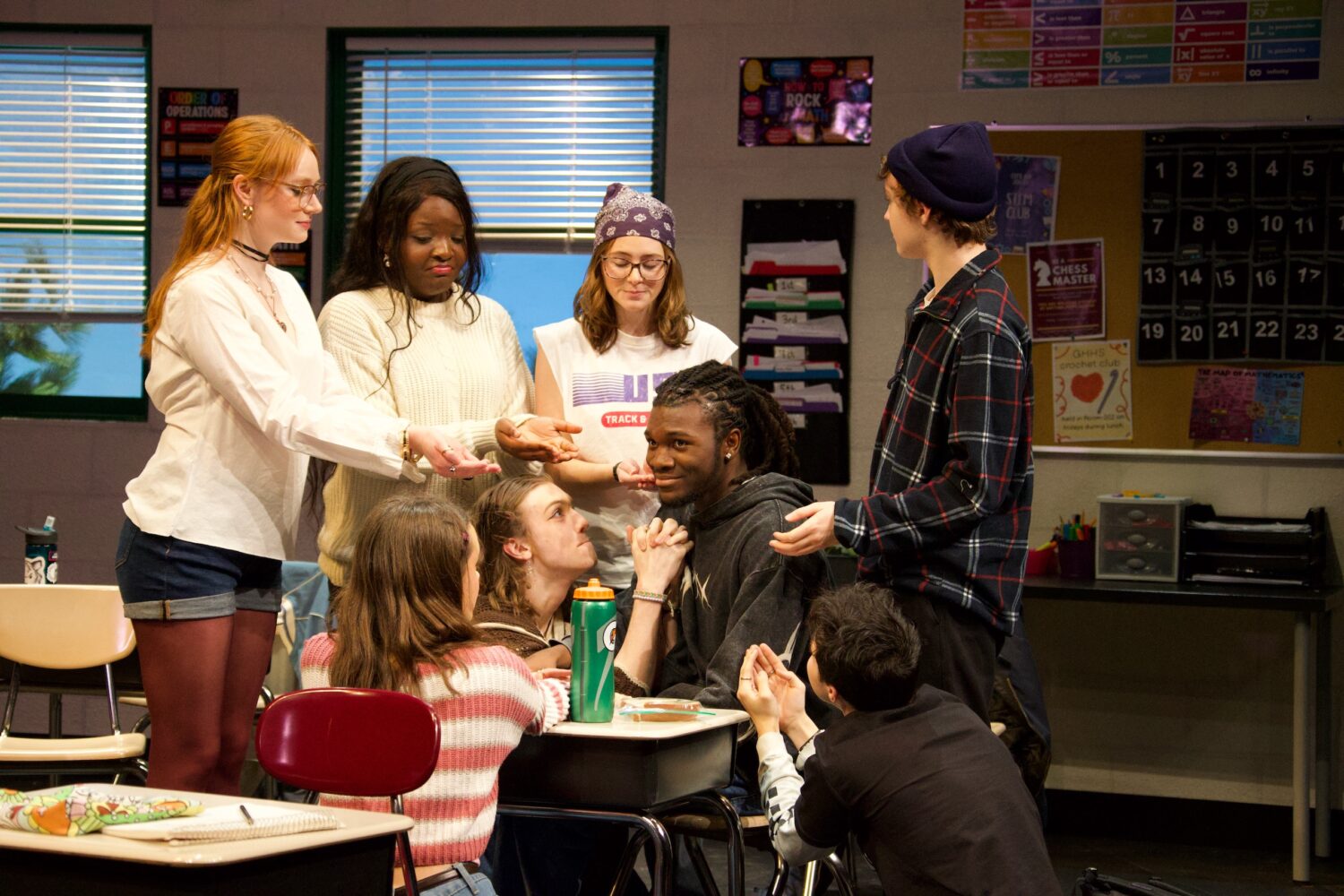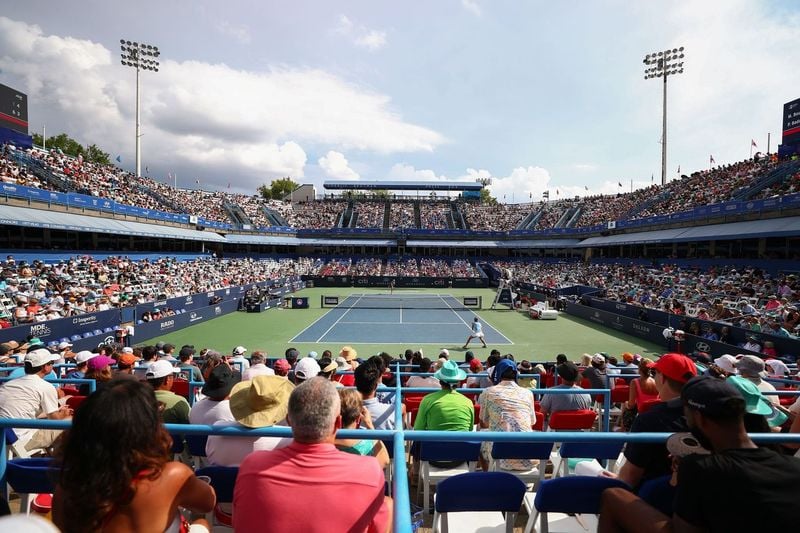Manon Lescaut (1893) was Giacomo Puccini’s third opera, but it was his first unequivocal success.
The decision to adapt Abbé Prévost’s novella—about a young woman torn between love
and her desire for the good life—was nothing short of audacious, as less than a decade
before, Jules Massenet had turned that same heartbreaking text into an opera of enduring
popularity. Puccini, however, was confident: “Manon is a heroine I believe in, and
therefore she cannot fail to win the hearts of the public. Why shouldn’t there be
two operas about her?”
Why not, indeed.
Manon Lescaut bears all the hallmarks of the composer’s greatest works: ravishing melodies, searing
dramatic tension, wonderful orchestral writing. In this early work Puccini exploited
the forces in the pit as skillfully as he ever would, composing music of an almost
symphonic quality, crucial to the advancement of the story. In terms of harmony and
how closely integrated the orchestra and singers are, and the way certain motives
recur in telling ways, the piece shares a few traits with Wagner’s music dramas. The
work is also tricky to pull off, not just because of the vocal challenges, but also
because of the wild swings in mood, moving from a first act full of ebullience to
a finale steeped in pathos and dread.
This transformation is embodied by the character of Manon, a young woman of modest
means who must choose between true love with the impoverished Chevalier des Grieux
and a life of luxury with the older, wealthy Geronte. The American soprano
Patricia Racette, singing the role at the Washington National Opera’s revival of
Manon Lescaut, exquisitely spans the emotional range: coquettish and carefree in the first act,
vain and indulgent in the second, anguished by opera’s end, when she realizes too
late how disastrous her life’s choices have been. Racette’s characterization possesses
real depth, but it’s her singing that’s so exciting, by turns warm and bright, expansive
and intimate, tender in the quiet moments and rising to ecstatic heights when the
music opens up in its most intense moments.
The second act—which begins with Manon ensconced in Geronte’s luxurious apartment
(she has abandoned the chevalier, though not without regret)—shows off all of Racette’s
qualities. In her “In quelle trine morbide,” she sings with great control, as if to
suggest the character’s repressed feelings, the passion simmering just beneath the
surface. But in the pastoral “L’ora, o Tirsi, è vaga e bella,” her voice becomes suitably
lighter, underscoring the glittering surroundings in which Manon finds herself. Her
final fourth-act lament, “Sola, perduta, abbandonata,” is full of believable anguish.
And with the strings playing their haunting accompaniment
sul ponticello (bowing very near the bridge to produce a mysterious haze), her demise is both heartbreaking
and convincing.
The Bulgarian tenor
Kamen Chanev, making his company debut, is a persuasive des Grieux. I might have wished for less
choppy phrasing in his jaunty “Tra voi, belle,” though in general, his tone is warm
and his voice dominant in the top notes, qualities he exhibits in his big first-act
aria, “Donna non vidi mai.” Chanev’s voice may not be meltingly smooth, but he is
ardent and powerful, and if he and Racette don’t quite catch fire in their first-act
duet “Vedete? Io son fedele,” by the end of the second, and especially by the opera’s
conclusion—some of Puccini’s most gorgeous love music—they sing thrillingly together.
Baritone
Giorgio Caoduro is a persuasive Lescaut (Manon’s opportunistic brother), though both he and bass-baritone
Jake Gardner, in the role of Geronte, have a bit of trouble projecting above an orchestra and
chorus in full voice. But what lovely performances to compete with! Conductor
Philippe Auguin coaxed a warm, plush sound from his strings, and indeed, all the musicians were up
for Saturday’s opening night (a rather prominent cracked note in the French horns
notwithstanding). Director
John Pascoe’s staging is traditional, the costumes appropriate to the 18th-century setting, but
there’s nothing wrong with adhering to tradition when it’s done so effectively. From
the stage direction to the gorgeous sets to the clever use of lighting (conjuring
up the magic of a starry night, the warmth of daybreak, the desolation of a new world
wilderness)—not to mention the rapturous singing—this might be the most completely
satisfying performance I’ve seen in Washington this season.
Manon Lescaut
runs at the Kennedy Center Opera House through March 23. Tickets ($25 to $310) are
available via the Kennedy Center’s website.

















